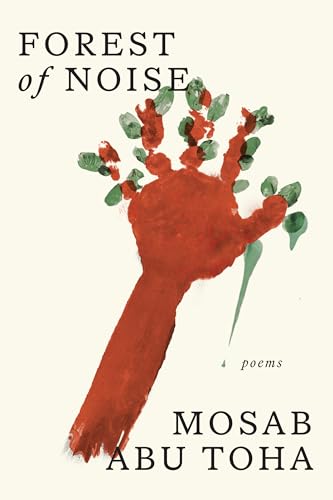What do you think?
Rate this book


96 pages, Hardcover
First published January 1, 2024
‘You can write a poem and post it, and people will see it and feel it…It’s not about numbers, or the name of the place or the name of the person killed. It’s about what it means to lose someone.’
‘The people who are responsible for this ongoing genocide are in the West, not in the Arab world. Why would I write in Arabic and tell people how I feel? …They know. They have more terrible stories than me. When I’m writing in English, it’s not a choice of language. It’s a choice of audiences.’
Frying pans miss the smell of olive oil.
upon birth, mask up your children and leave them unnamed
so
the angel of death can't find them
someone may ask
why not paint their faces change their names
every day
a nightingale on the tree of dusk exclaims
what if both the painter and the paint
work for the angel of death
a stone near a cemestery suggests
why give birth to children
at all
I leave the door to my room open, so the words in my books,
the titles, and names of authors and publishers,
could flee when they hear the bombs.